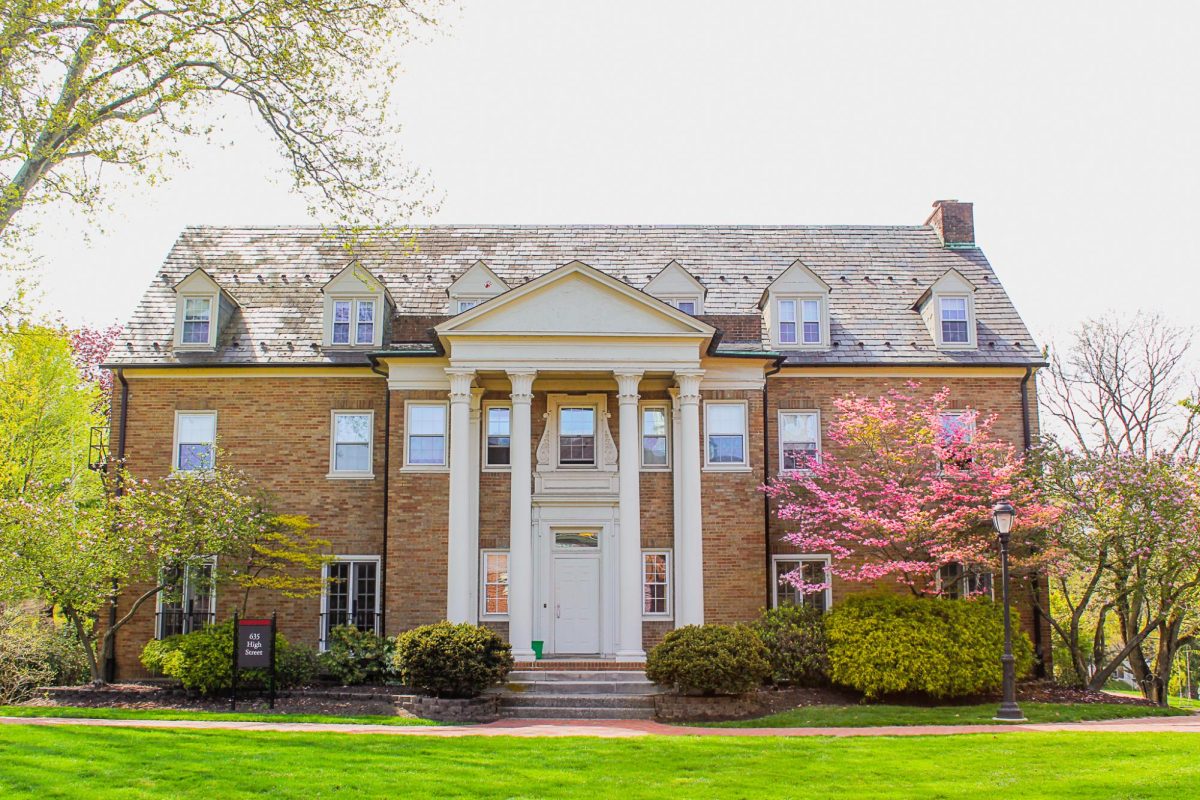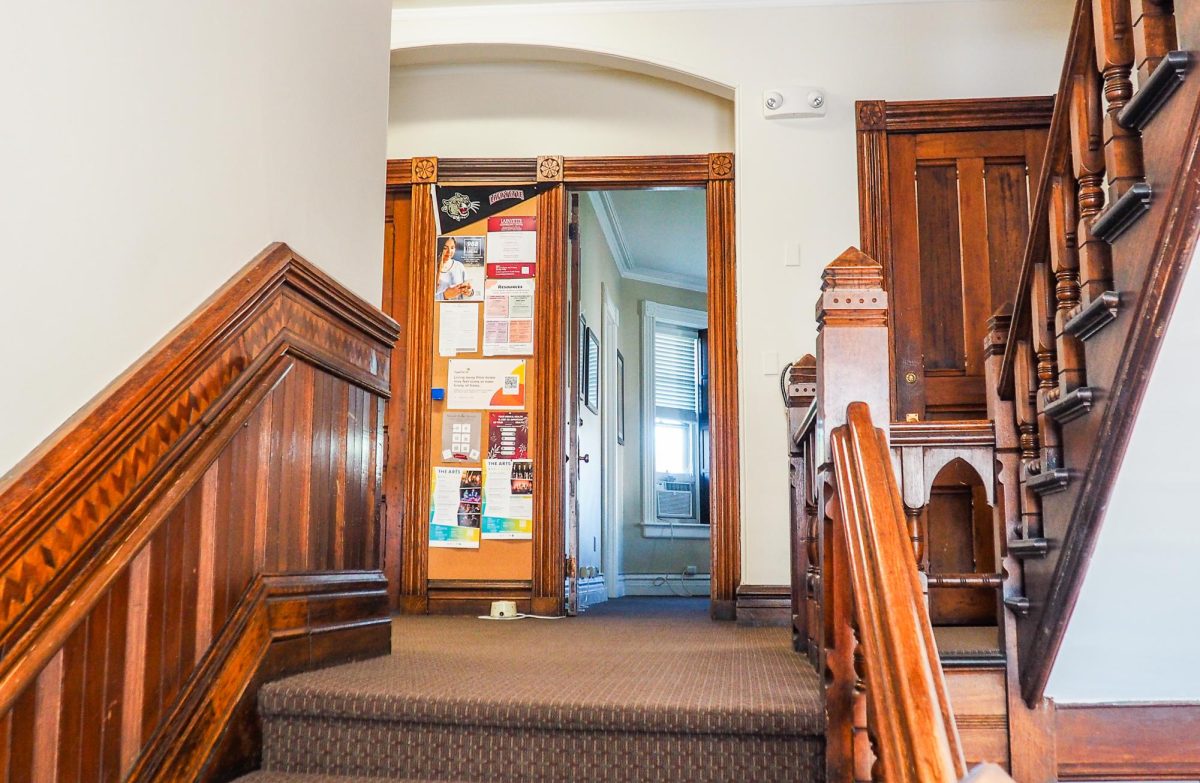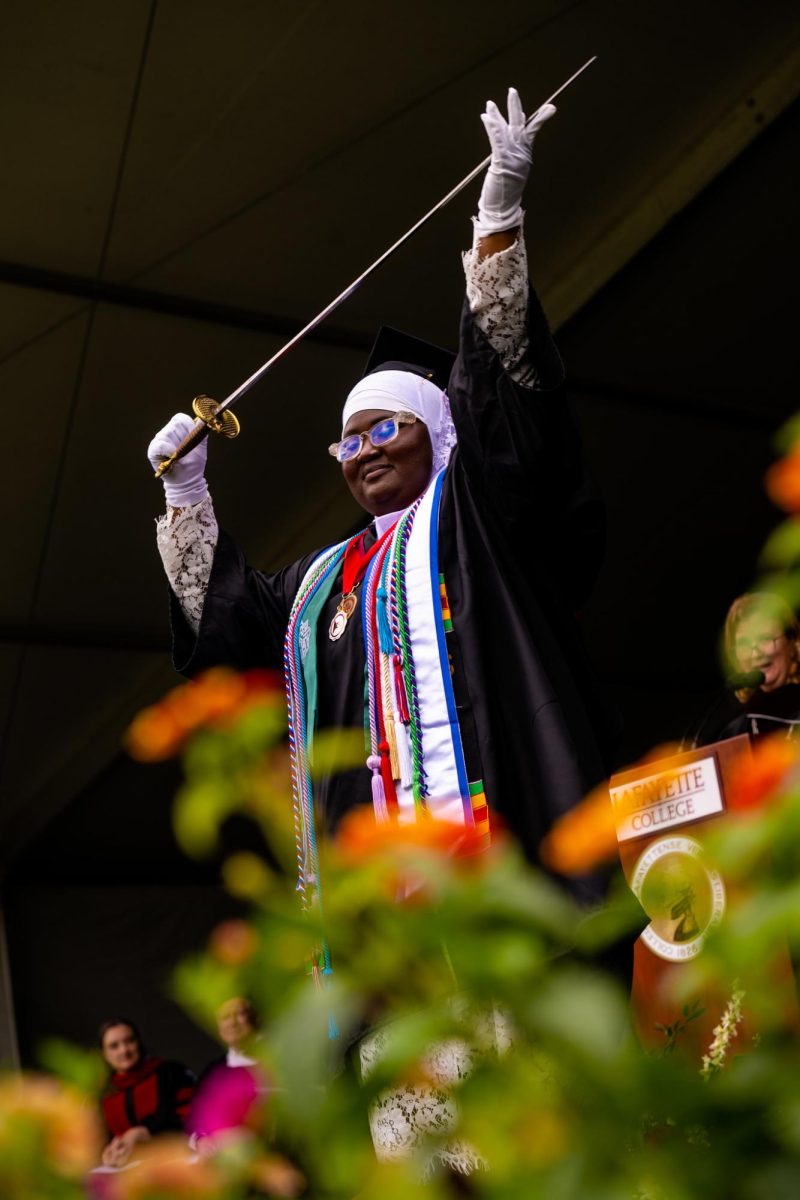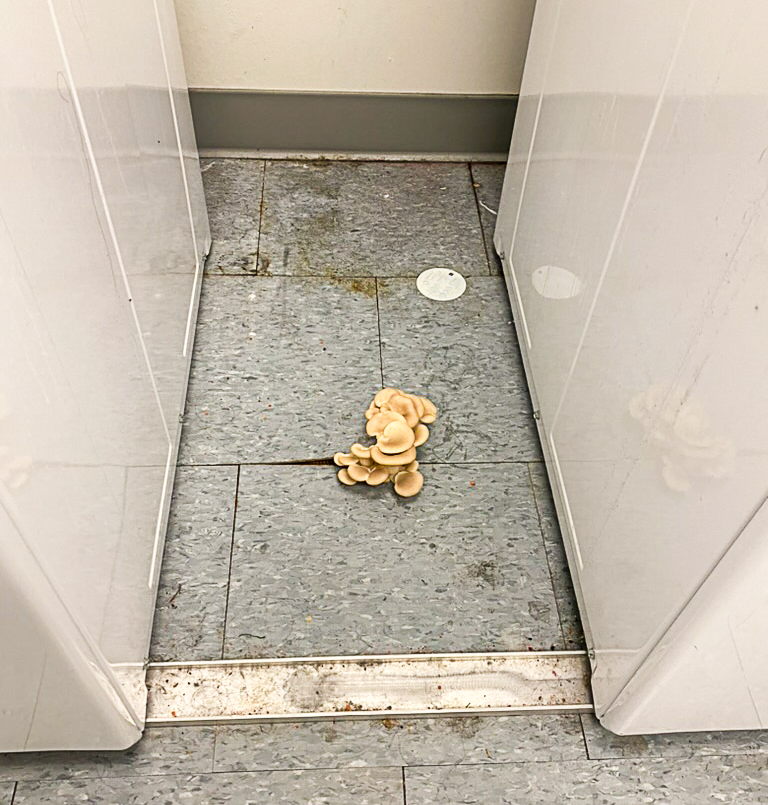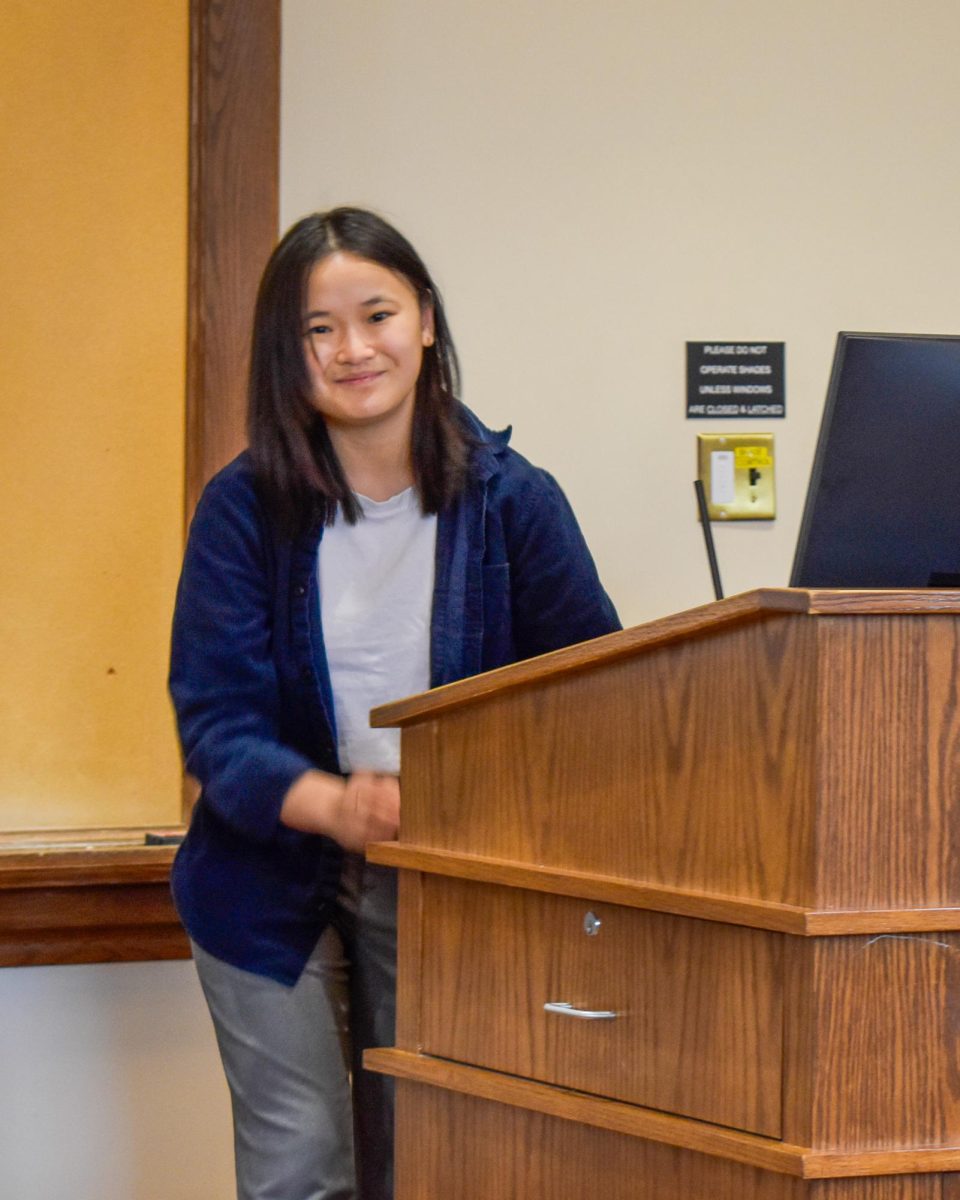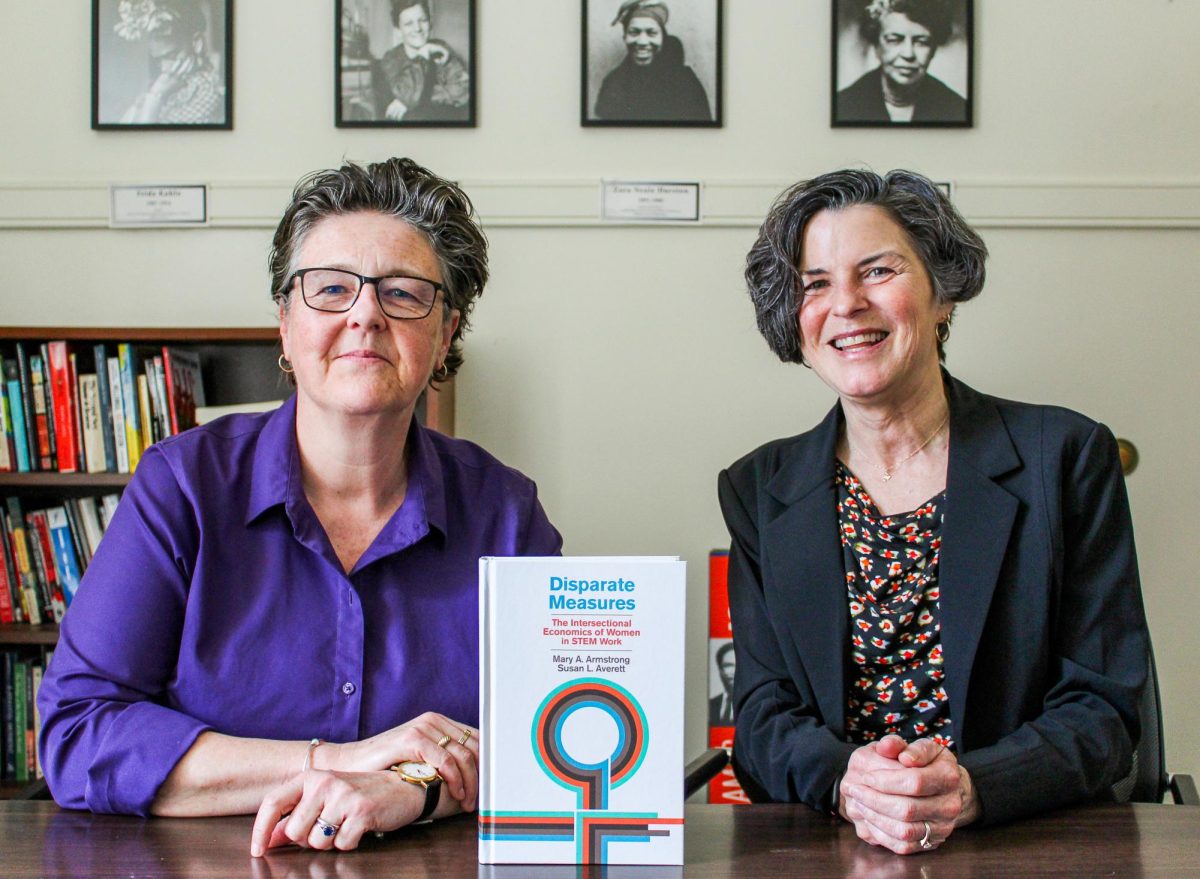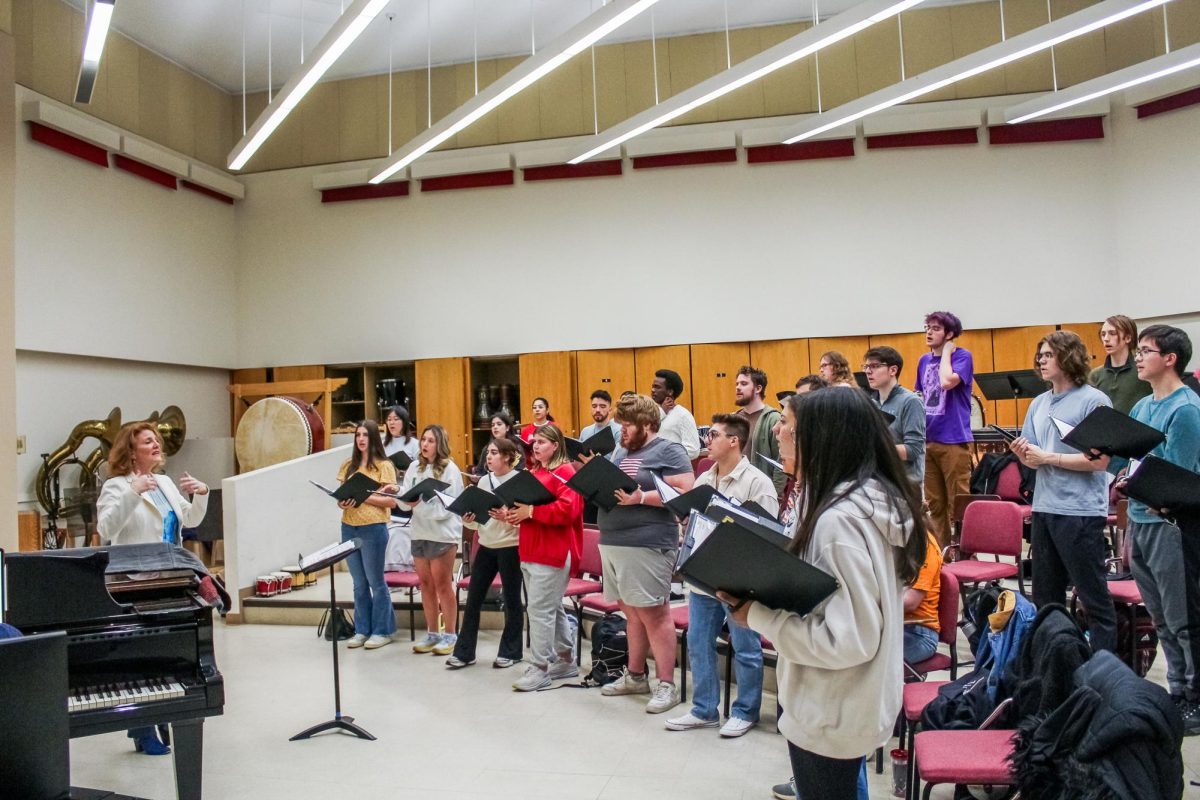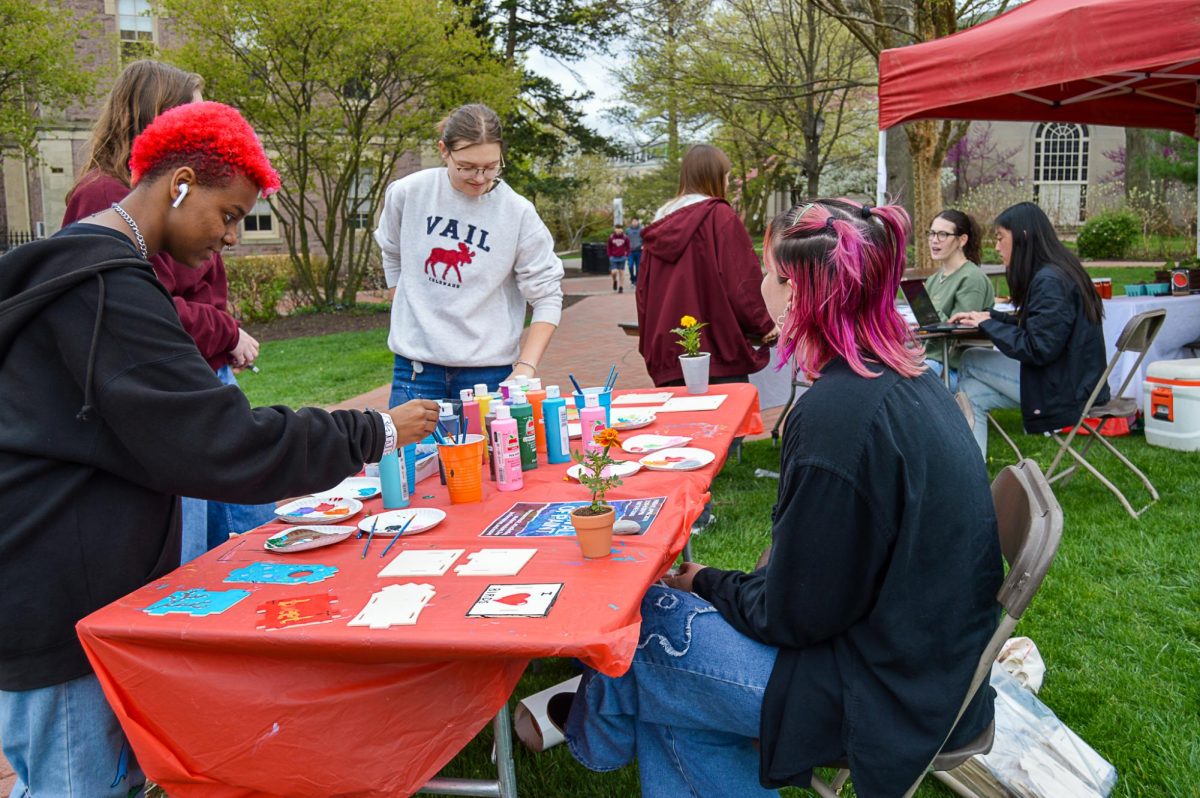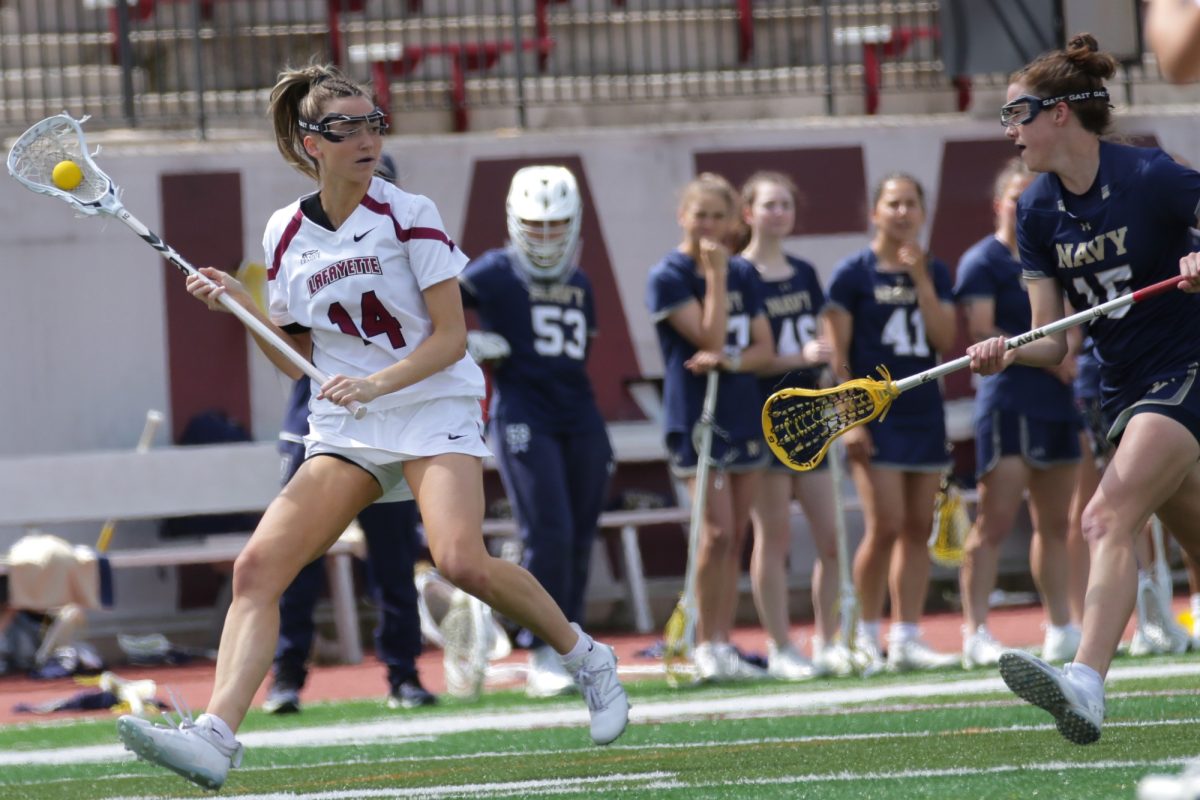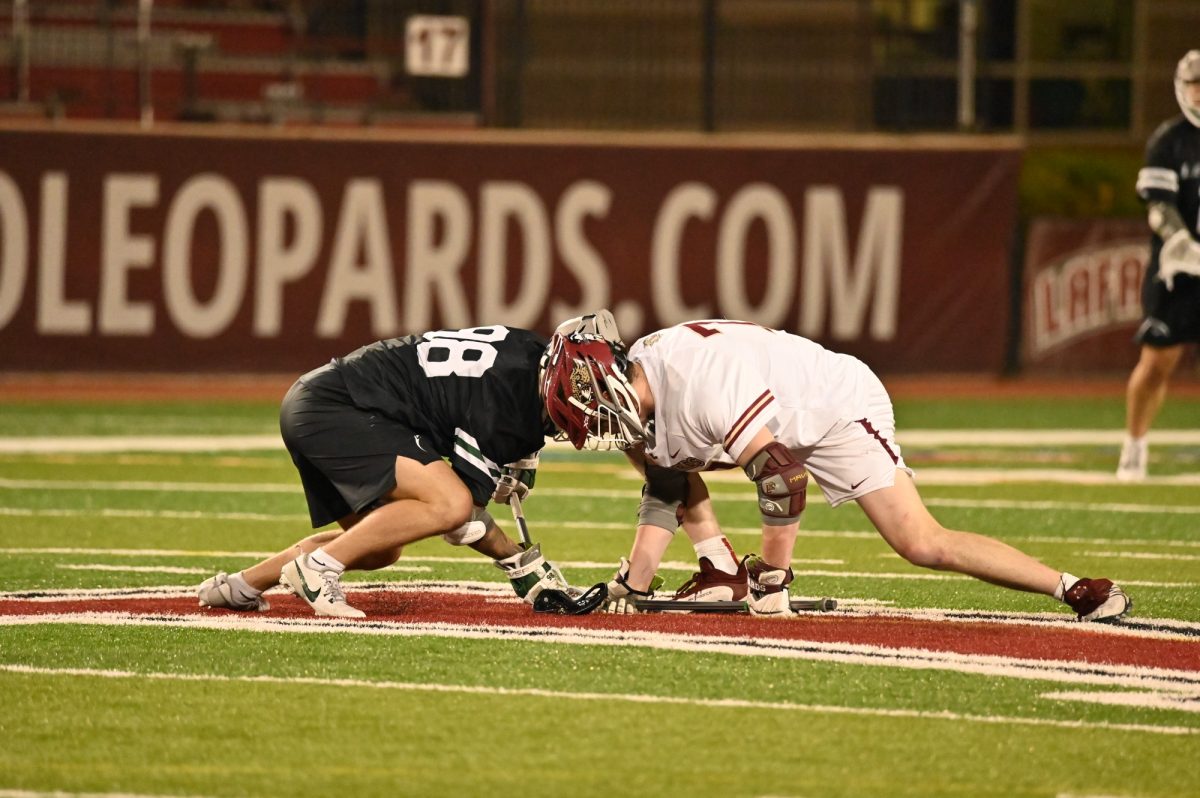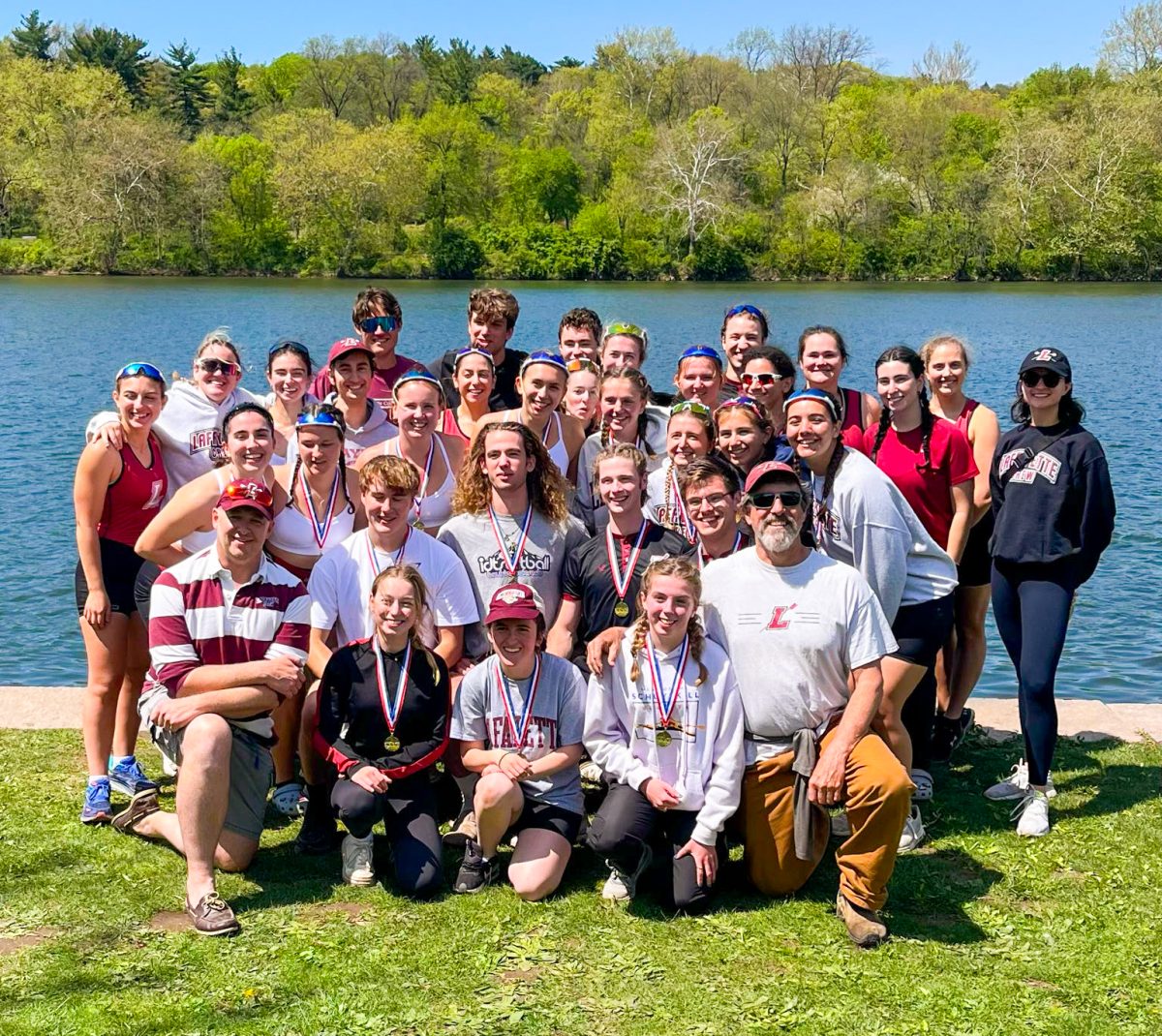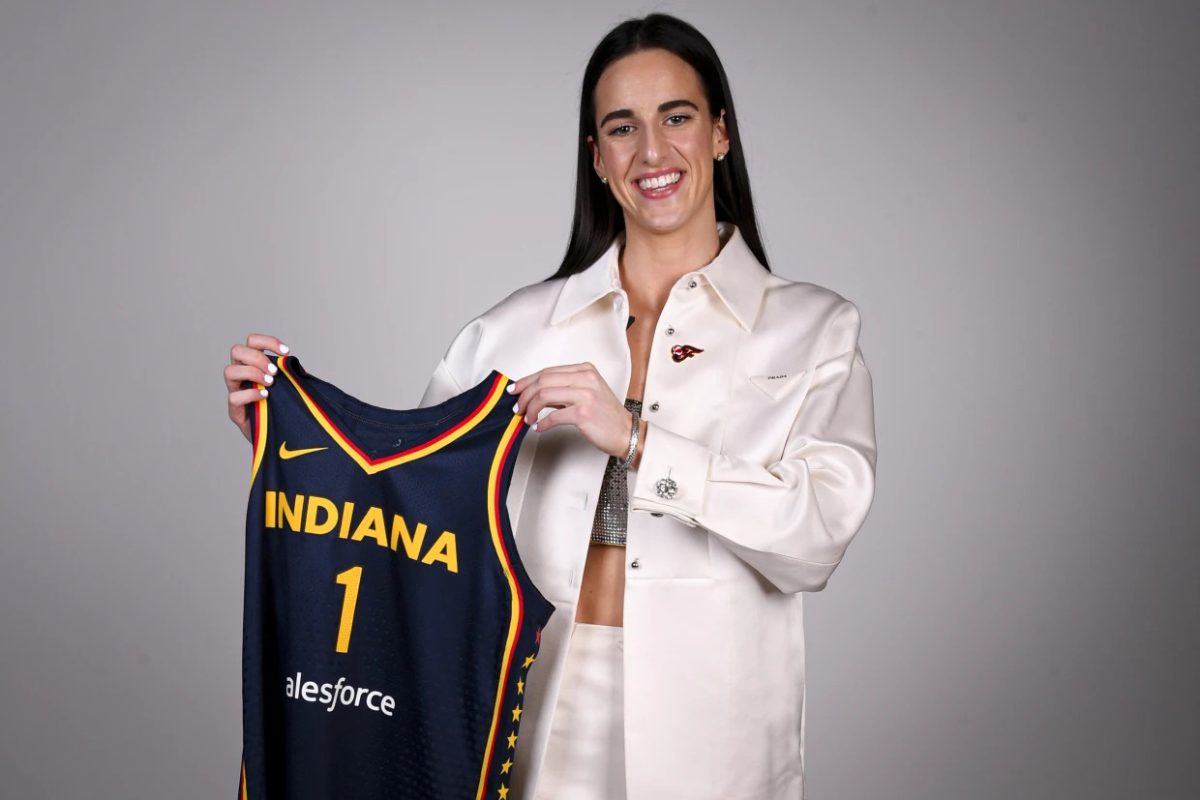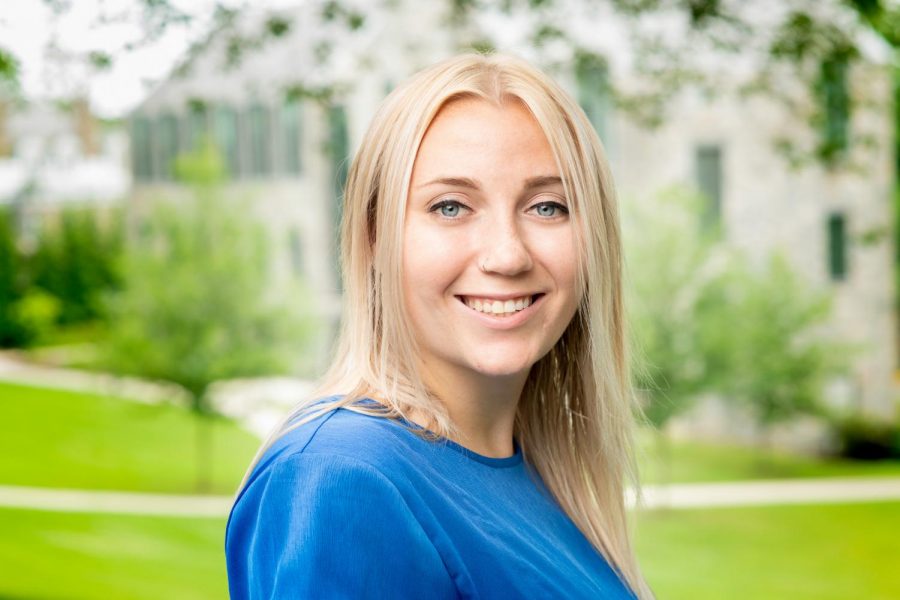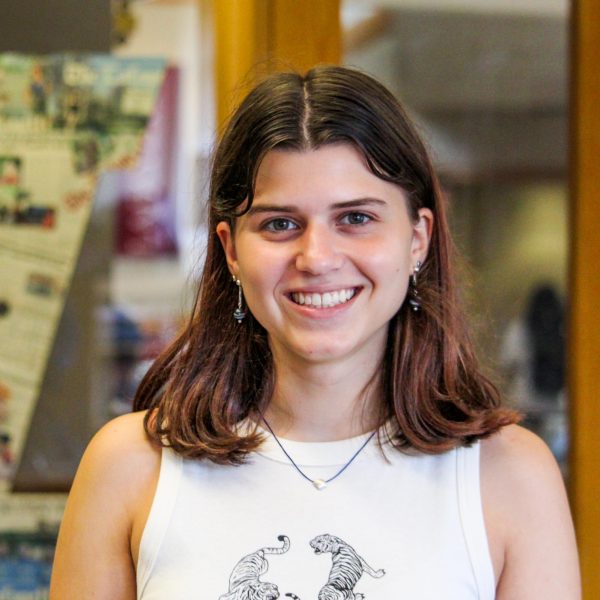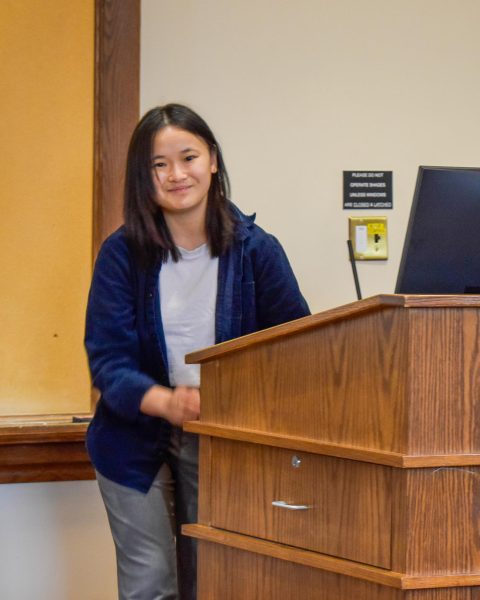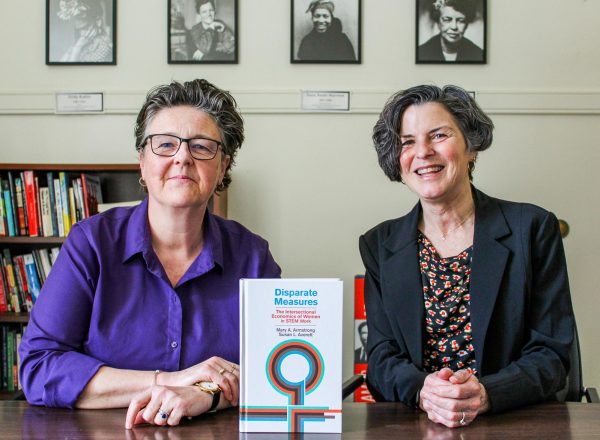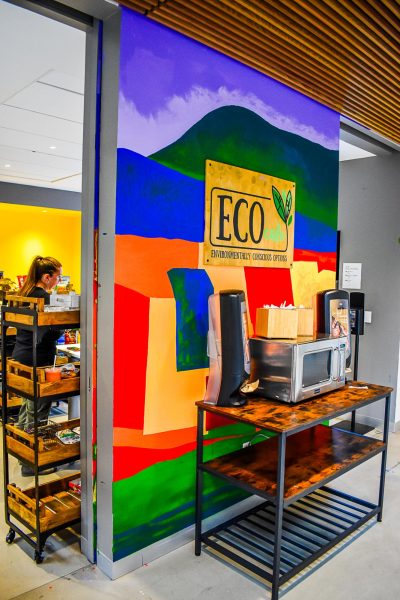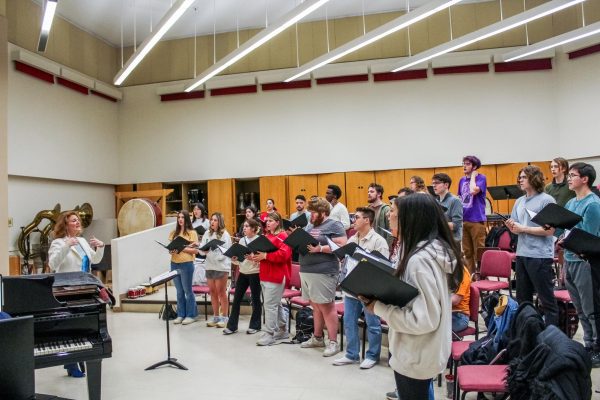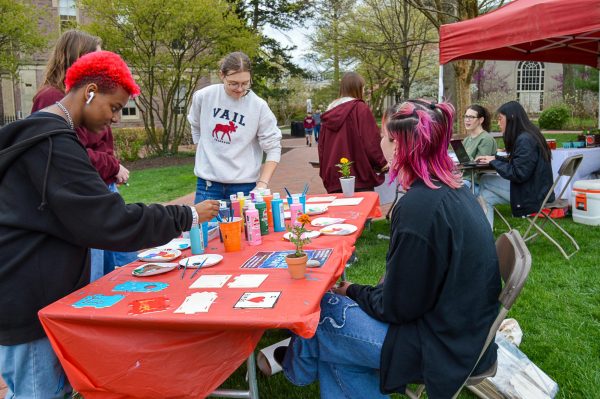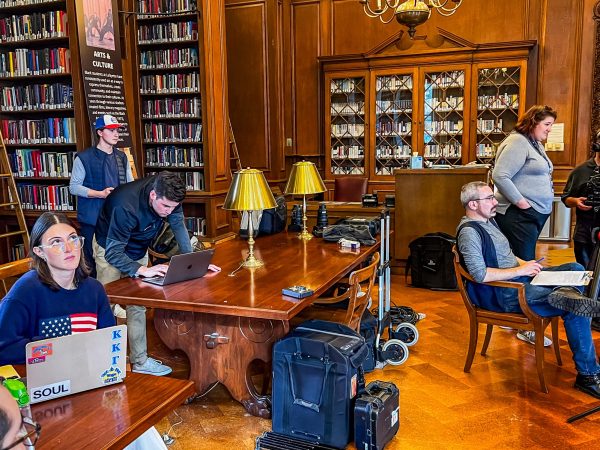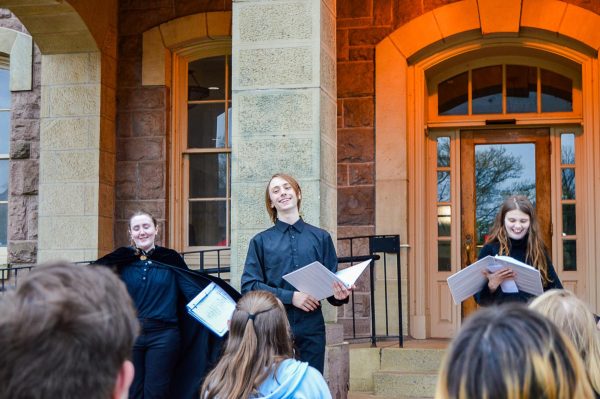Lafayette welcomes Katy Bednarsky as student advocate and prevention coordinator
Katy Bednarsky works with many student prevention groups and programs on campus to aid survivors of sexual assault. (Photo courtesy of Katy Bednarsky)
December 3, 2021
Advocating for survivors of sexual assault is a difficult job. It’s even more difficult when you’re the first person to be tasked with it on a college campus.
Over the summer, Katy Bednarsky joined Lafayette as the school’s first student advocacy and prevention coordinator. In this role, Bednarsky serves as a resource, advocate and liaison, primarily working with students who have been impacted by sexual assault, stalking and dating and domestic violence. She also acts as the advisor to Pards Against Sexual Assault (PASA) and oversees the delivery and facilitation of prevention efforts on campus, which include workshops, programming and campus-wide awareness events and will offer ongoing confidential support.
Before coming to Lafayette, Bednarsky worked for the Domestic Abuse and Sexual Assault Crisis Center of Warren County as a community education manager and a clinical social work intern. She has also worked as the youth mentoring initiative coordinator for the public-health organization Prevention is Key.
On a typical day, Bednarsky works with students to provide resources both on and off-campus. The type of support varies per student and can include aiding in the Title IX and criminal reporting process or connecting students to long-term counseling services.
“Ultimately, I am someone who students can have in their corner throughout their entire healing journey while at Lafayette, whatever that may look like,” Bednarsky wrote in an email.
Besides one-on-one meetings with students, Bednarsky also collaborates with various groups within the community. For one, she sits on the Student Support and Intervention team to offer trauma-informed best practices and insights for survivors.
Bednarsky’s work also extends outside of campus, as she has connected with Easton’s sexual violence agency, the Crime Victims Council, to bring a counselor on campus every Wednesday from 2:30 p.m. to 6:30 p.m. Bednarsky’s team also partners with the Crimes Victim Council and Lehigh Valley domestic violence agency Turning Point to work on initiatives for the “It’s On Us” grant, which protects students from sexual violence. This past week, as a part of the grant, Bednarsky collaborated with the two organizations to host a panel discussion surrounding masculinity and violence prevention with male-identifying staff from Campus Life, the Crimes Victims Council and Turning Point.
Through all of her positions, Bednarsky hopes to support students in her role as a preventionist on campus by encouraging growth, change and a sense of community.
“There is an almost indescribable, electric energy when groups of students come together to address elements of rape culture, as I’ve seen in my work alongside PASA and OneLove,” she wrote. “I am most excited to facilitate these necessary dialogues and collaborative efforts across various organizations, departments and teams at Lafayette in disrupting the foundations, root causes of interpersonal violence.”
“I hope that within my direct service capacity survivors feel more confident in navigating processes or making decisions regarding their choice in reporting, and feel comfortable in their safety-planning strategies. I hope that each student whom I meet with feels understood, supported and believed,” Bednarsky wrote.
In the future, Bednarsky is looking to create a dedicated support group for survivors on college campuses. She has collaborated with the Lafayette counseling center and other institutions within the Lehigh Valley Association of Independent Colleges to develop a Lehigh Valley-based sexual assault survivor support group facilitated by the Crimes Victims Council for college students.
Bednarsky tries to be mindful of the compassion fatigue and vicarious trauma that can occur when working with survivors. Despite the novelty of her position, she’s received much-appreciated support from the campus community.
“Some days will be difficult, so it is essential to take care of yourself first before serving others,” Bednarsky wrote. “Something that I’ve been grateful for is the support that I’ve felt from so many folks across campus in establishing this new role.”


